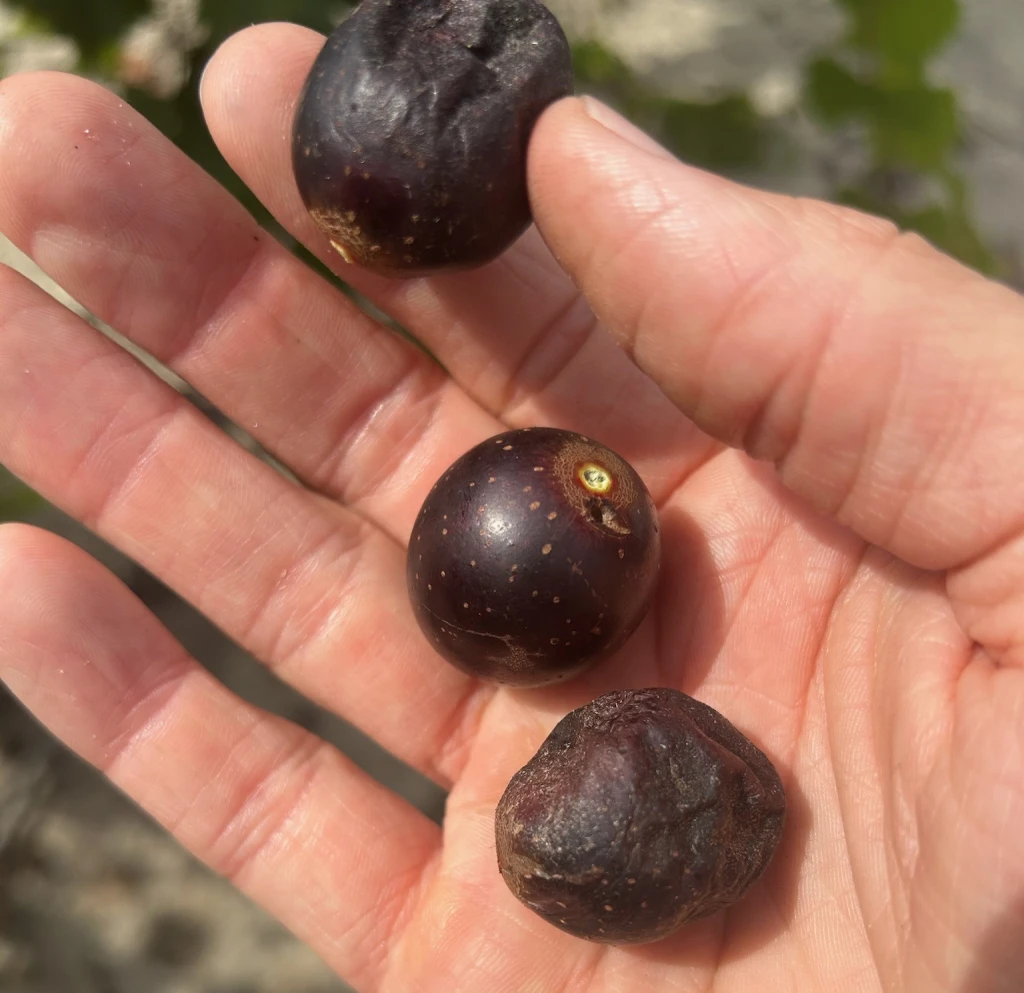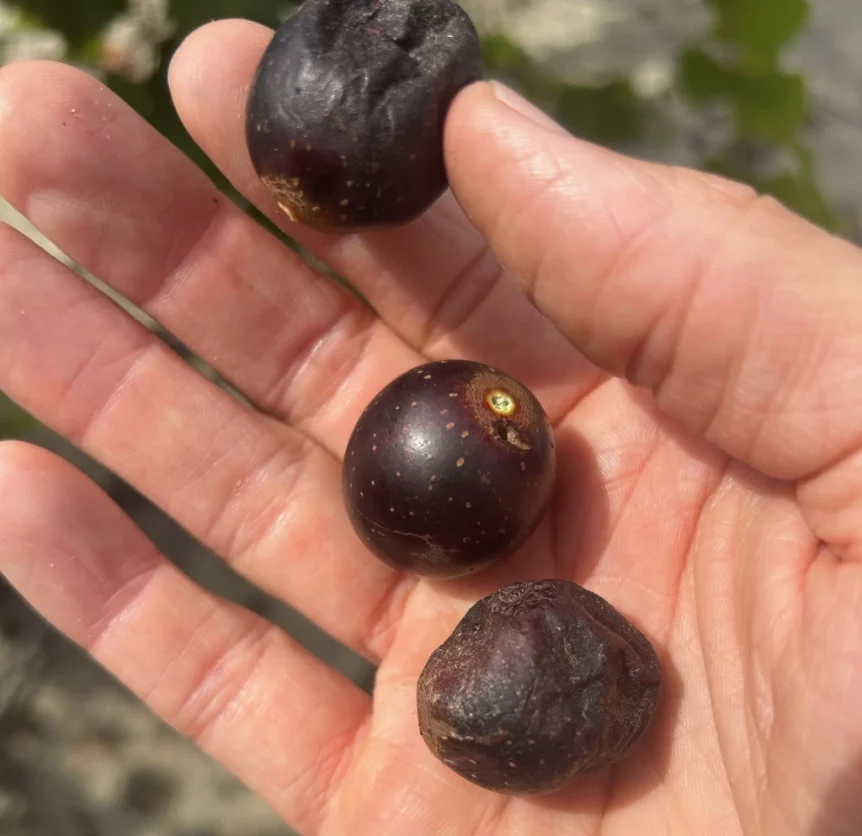
Weekly Field Update
Clemson Extension agents provide updates in The South Carolina Grower this week about the status of various crops being produced throughout the state.
Coastal Region
Zack Snipes
- We are seeing heavy volumes of okra and muscadine coming in right now.
- We are seeing some fruit rot in muscadines, but we have a heavy enough crop where losses are negligible at this point.
- With the rain we received and the cooler weather lately, we have seen new flushes of growth on perennial fruits such as blueberry, blackberry and citrus.
- This time of year can be tough for cucurbits. I have seen squash bugs, leaffooted bugs, pickleworm and melonworm all be devastating this time of year. I saw a few whiteflies in squash last week, so be on the lookout for increasing populations there. As always, this time of year is perfect for downy mildew on cucurbits. There are several varieties of cucumbers that have downy mildew resistance, so do your homework and choose wisely.
Midlands
Rob Last
- Fall crops continue to develop well in the Midlands.
- Bacterial spot and spec remain a threat.
- Disease pressure remains high, particularly anthracnose.
- Drier and cooler conditions over the last week have provided some respite. However, the forecast is that this is likely to change over the weekend, allowing for an increase in disease potential.
- Insect pressure remains high.
- For all strawberry growers, we have a meeting for Midlands Growers on Sept. 18. Check out the link on the Upcoming Events page to register.
- We will look at early-season disease, weed and nematode management.
- I also urge you to check out the Neopestalotiopsis information posted on Wednesday. https://scgrower.com/2024/08/21/dramatic-neopestalotiopsis-disease-in-strawberry-nurseries/
Sarah Scott
- As August is coming to an end, so is our peach crop. The last variety for most growers is ‘Sunny J,’ and these are finishing up now. Workers continue summer pruning, trunk sprays for borers and orchard maintenance. Orchards that have reached their productive lifespan are being pushed up to begin preparing land for new crops.
- As a reiteration from last week’s information regarding fungal diseases, mummified fruit can act as an inoculum for issues, so cleaning up fields as harvest ends is important.
- Despite the rain from ‘Debby,’ we are entering into another dry spell. We have not had much to speak of since the storm, and the extended forecast does not have much chance of precipitation. Growers should be mindful to keep even moisture, when possible, on plants getting established in the field. This will help with root development as well as nutrient uptake.
Pee Dee
Brittney King
- We’ve had some cooler days in the Pee Dee the past week, and fields have dried out from excessive rains, allowing growers to get out and plant fall crops.
- Striped flea beetle damage is the biggest issue with brassica crops, especially collards. They start chewing on the underside of the lower leaves and move their way to the upper leaves. Venom or Scorpion can be soil-applied before planting. For other pesticide recommendations for flea beetles, visit page 148 of the 2024 SE Vegetable Crop Handbook.
- The pumpkin crop is progressing well. I have not seen any big issues other than spotty cucumber beetle damage. Some specialty varieties have already started producing fruit. As we get closer to harvest, ensure you supply enough potassium to your crop. With the recent cooler temperatures in the Pee Dee, pumpkin growers have been focused on applying fungicides specific for powdery mildew, such as Gatten, Vivando and Quintec. If you are spraying chlorothalonil as a protectant, it will give you some protection against PM and other fungal diseases. However, PM can affect the lower and upper part of the leaf, so you will need to incorporate one of the PM-specific fungicides above into your rotation to protect the bottom leaf surface as well. For more information on PM in cucurbits, check out this article on Powdery Mildew Management in Cucurbits by Tony Keinath.
- Muscadine growers have mostly finished skirting the vines and have begun harvesting fresh-market muscadines in good volume.
- Okra is still harvesting well. Like last year, the biggest issue this summer I have seen with okra is nematodes. Crop rotation is essential in preventing nematodes from inhabiting your soil.










